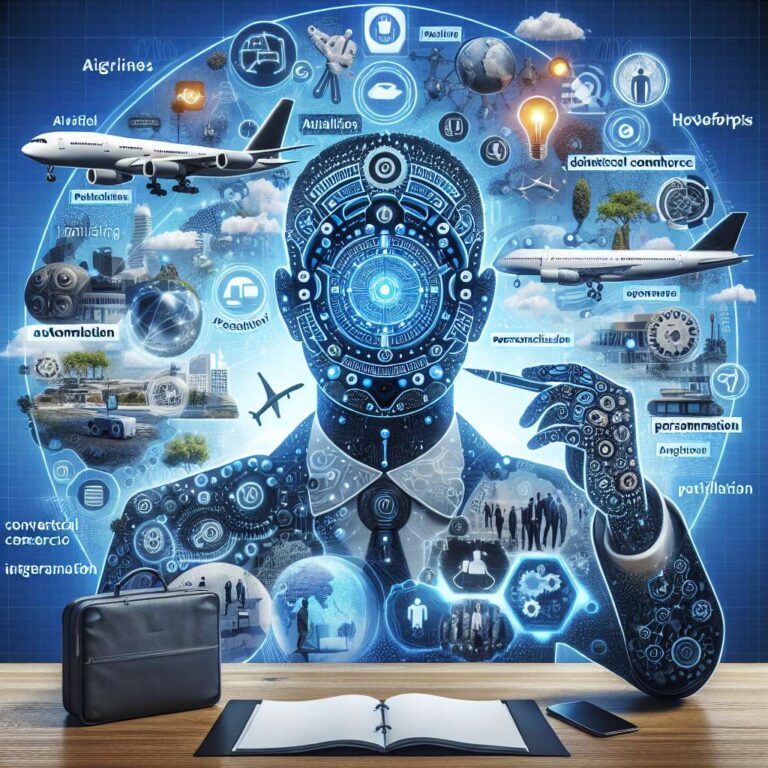PhocusWire’s Generative Artificial Intelligence in Travel hub curates coverage of technologies such as ChatGPT, Gemini and Perplexity, focusing on how they are being applied across the travel industry. The page frames generative Artificial Intelligence as a driver of automation, personalization and improved decision-making for suppliers, intermediaries and travelers. It also points to the expanding role of Artificial Intelligence-powered chat interfaces, dynamic content creation and predictive analytics, setting the stage for industry-wide transformation.
The hub outlines how Artificial Intelligence tools are reshaping travel and tourism operations, tracking deployments in customer service, marketing, product development and internal workflows. It highlights use cases including conversational commerce, itinerary generation and fraud detection, emphasizing operational efficiencies and enhanced guest experiences. Together, these examples illustrate how data-driven assistants and autonomous agents are moving from pilots into production to streamline tasks and elevate service.
Recent stories on the page spotlight tangible moves by major brands and platforms. Lufthansa Group says Artificial Intelligence will help it cut 4,000 jobs by 2030 and intends to increase active members in its Miles & More loyalty program by 50% by that year. TikTok introduced a travel advertising solution designed to connect users with hotel, destination, flight and cruise catalogs. At PROS, chief Artificial Intelligence strategist Michael Wu works with research and product teams to prototype advanced algorithms and bring more Artificial Intelligence features into the company’s offerings. GetYourGuide rolled out upgraded partner tools that include Artificial Intelligence-powered review management alongside a redesigned listing page, category expansion and enhanced discovery.
On the infrastructure front, Sabre launched APIs to enable agentic Artificial Intelligence solutions that connect to a model context protocol server described as a universal translator for Artificial Intelligence agents. Hospitality platform Apaleo introduced its own model context protocol server aimed at letting Artificial Intelligence agents perform tasks without weeks of custom coding. The Transportation Security Administration outlined ambitions for more seamless travel in airports by leaning into technologies that include Artificial Intelligence, digital ID and biometrics, signaling continued investment in traveler identity and throughput improvements.
The hub also surfaces strategic perspectives and research. Royal Caribbean Group’s CEO said Artificial Intelligence is used in “everything we do” at the cruise line. A Phocuswright trend series explored the convergence of generative Artificial Intelligence, autonomous agents and digital identity in travel, and OpenAI board chair Bret Taylor discussed how he uses Artificial Intelligence and its potential impact on travel intermediaries. Coverage questions whether the industry is primed for an Artificial Intelligence crash, with some likening its rise to the dot-com era. Sponsored analysis from Amperity reports that hotels and airlines are racing to adopt Artificial Intelligence but many are falling short, while Phocuswright’s U.S. corporate travel report examines market size, policy and the impact of Artificial Intelligence. Collectively, the hub offers an evolving, cross-section view of how generative Artificial Intelligence is reshaping travel.

